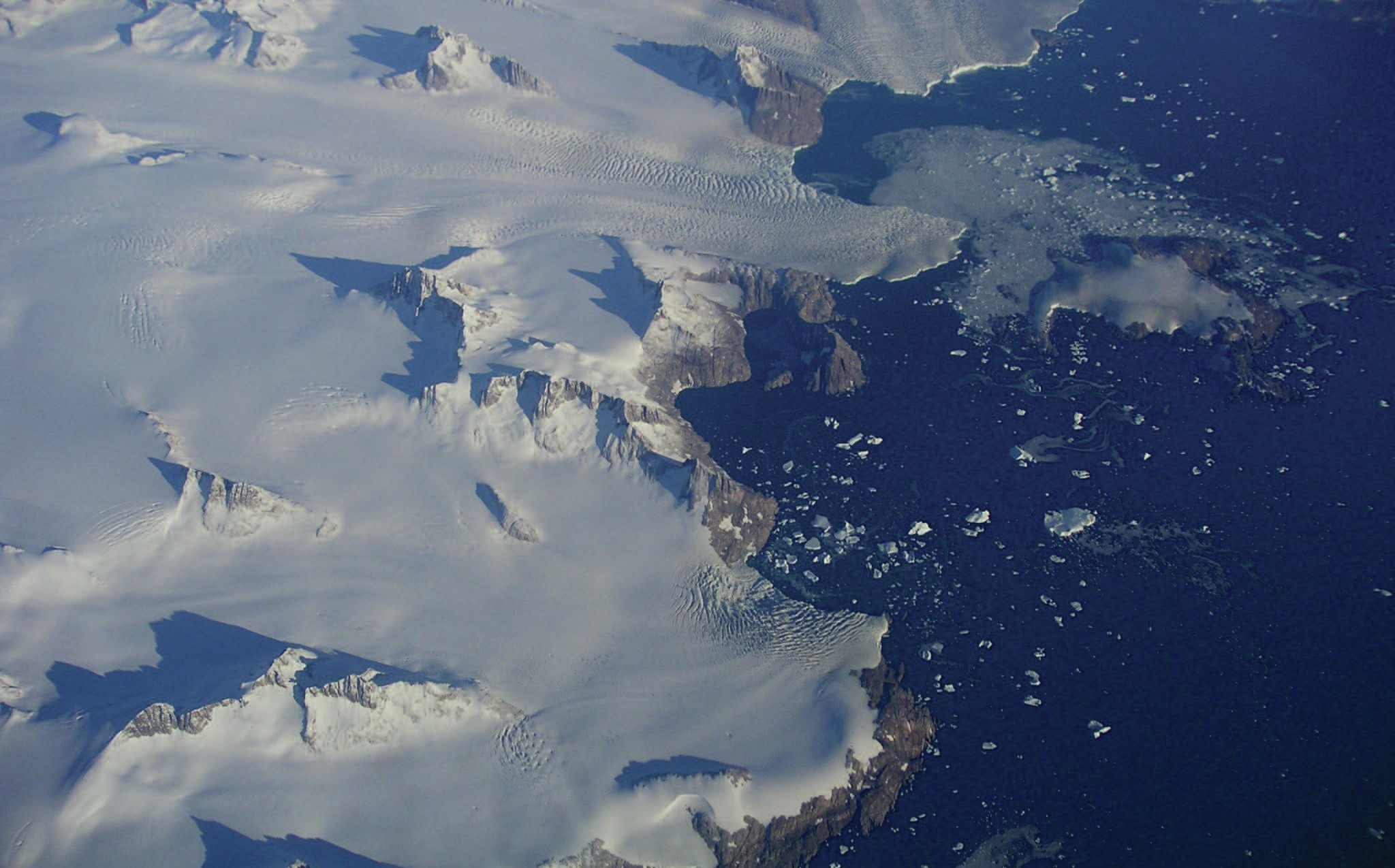
There is now widespread agreement among scientists that growing emissions of carbon dioxide and other greenhouse gases are having an impact on the world’s climate. A series of impact assessments published by the Intergovernmental Panel on Climate Change have warned that if atmospheric concentrations of greenhouse gas emissions continue to increase at their current rapid rate, then the resulting higher temperatures could lead to drought, floods, decreased crop yields, ocean acidification and rising sea levels. All this makes greenhouse gas emissions a ‘bad thing’. They are also a classic example of what economists call an externality.
Externalities arise when the social costs or benefits of an activity diverge from the private costs or benefits to market participants. When some action imposes costs on others that are not borne by those carrying out the action, we say there is a negative externality. This creates a market failure, meaning individuals take decisions which may make sense from their own point of view but which are harmful for society as a whole.
Your organisation does not have access to this article.
Sign up today to give your students the edge they need to achieve their best grades with subject expertise
Subscribe




